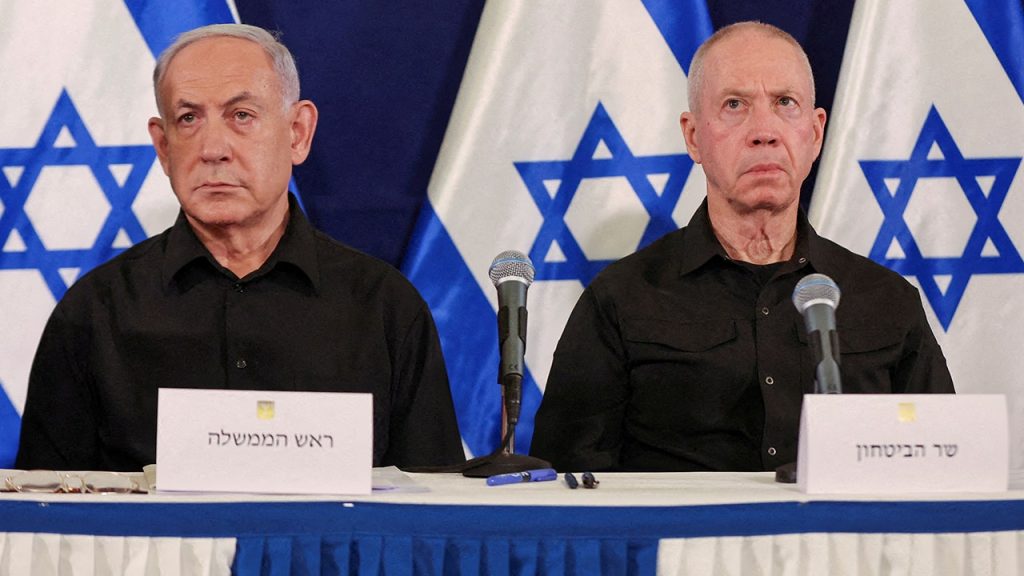Israel has reportedly identified potential targets in Iran for a retaliatory strike following a barrage of missiles fired by Tehran on October 1st. Defense Minister Yoav Gallant has pledged a “precise and deadly response,” with the Israeli Defense Forces presenting a list of targets to Prime Minister Benjamin Netanyahu and Gallant. Sources suggest that the targets are clear, but could potentially change at the last minute. Gallant has expressed agreement with Netanyahu and military chief Herzi Halevi on the necessity of a response to Iran.
After the attack by Iran, which saw the U.S. intervening to help defend Israel against over 180 missiles, Netanyahu vowed to make Iran “pay.” Speculation has arisen about the nature of Israel’s potential counterattack, with Biden urging Netanyahu to respond proportionally. Security analysts have begun considering various strike options, including targeting military sites, infrastructure crucial to the Iranian regime, and even Iran’s nuclear program. Israel previously responded to Iran’s attack in April by hitting Iran’s air defenses and destroying part of an S-300 long-range air defense system.
The Times of Israel reported Gallant’s statement that the targets have been identified and it is now a matter of time for the response to be executed. Officials are engaged in “sensitive coordination” with other countries in the Middle East as they prepare for potential retaliation against Iran. Israel’s response is described as being both precise and deadly, reflecting the seriousness with which they are approaching the situation. Netanyahu has expressed a commitment to ensuring that Iran faces consequences for its actions.
The situation has escalated following the missile attack by Iran, with tensions rising in the region. No casualties were reported in Israel as a result of the attack, although one Palestinian was killed in the West Bank. The Biden administration has warned Israel against responding disproportionately to Iran’s actions, emphasizing the need for a measured and proportional counterstrike. The focus now is on how Israel will choose to respond and what impact it will have on the ongoing conflict in the region.
Speculation continues to mount about the potential targets that Israel could strike in Iran, ranging from military installations to critical infrastructure and even Iran’s nuclear facilities. The decision on what form the counterattack will take remains a subject of intense debate among security analysts and policymakers. The previous response to Iran’s attack in April provides some indication of how Israel may choose to retaliate this time, but the situation remains fluid and subject to change based on developments on the ground. The international community will be closely watching Israel’s response and its implications for regional stability.
Overall, the situation following Iran’s missile attack on Israel remains tense, with the prospect of further escalation looming large. Israel’s determination to respond to Iran’s aggression with a “precise and deadly” strike underscores the seriousness of the situation. The involvement of the U.S. in defending Israel and urging restraint in the response adds another layer of complexity to the situation. As the region braces for potential retaliation, the focus is on how Israel will choose to act and what impact it will have on the broader conflict in the Middle East.


